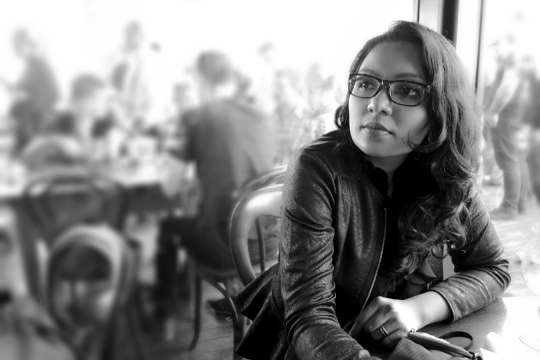June is upon us and we are settling in for some summer reading. Join us as we catch up with our international correspondents about the literary happenings around the world. This week brings us the latest on indigenous literature from Colombia and Mexico, book fairs in Argentina, and new artistic endeavors in Indonesia!
Paul Worley and Kelsey Woodburn, Editors at Large, reporting from Colombia and Mexico:
From April 25 to 29 in Bogotá, Colombia, indigenous writers and scholars and critics of indigenous literatures from throughout the Américas came together in the 5th Continental Intercultural Encounter of Amerindian Literatures (EILA). The theme for this iteration of the bi-annual conference was “Indigenous Writing, Extractivism, and Bird Songs.” The centering of these concerns reflects a turn in the field of Indigenous literatures towards recognizing indigenous ways of writing that take place beyond Latin script, as well as ongoing ecological concerns that are at the heart of a good deal of indigenous literatures and Indigenous activism. In addition to literary readings and panels held at the Pontificia Universidad Javeriana, writers and critics presented to the general public at Bogotá’s International Book Festival (FILBO), and indigenous poets gave a reading in the town of Guatavita, home to a lake sacred to the Muisca people. Among the writers in attendance were (K’iche’) Humberto Ak’abal, (Yucatec) Jorge Cocom Pech, (Wayuu) Vito Apüshana, (Wayuu) Estercilla Simanca, (Wayuu) Vicenta Siosi, and (Yanakuna) Fredy Chicangana.


